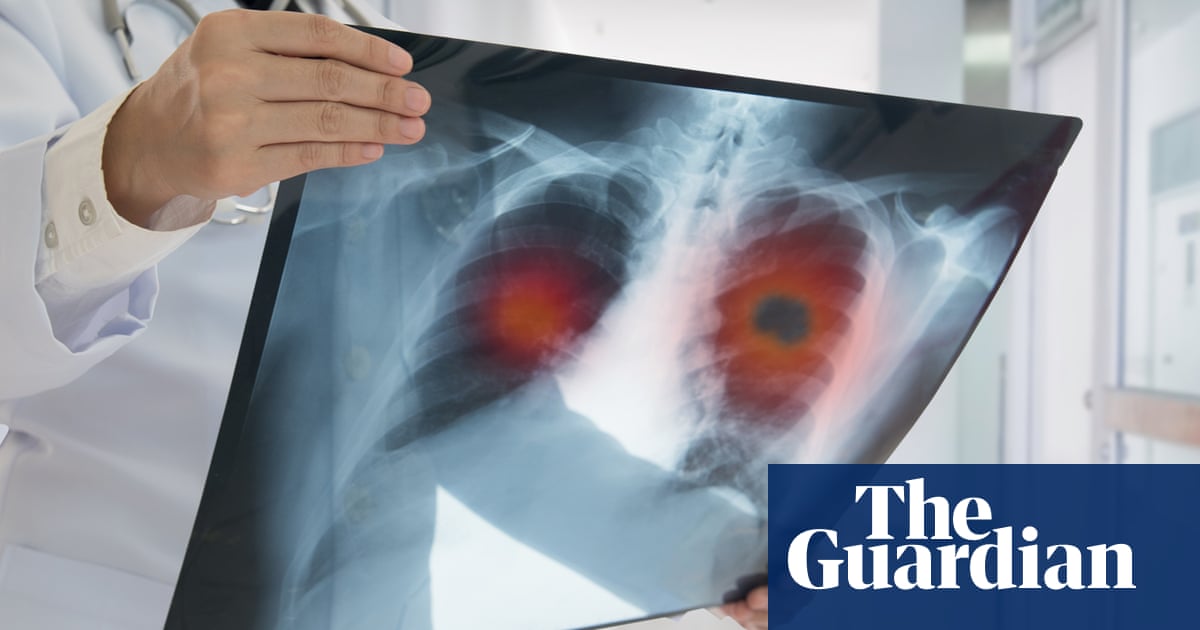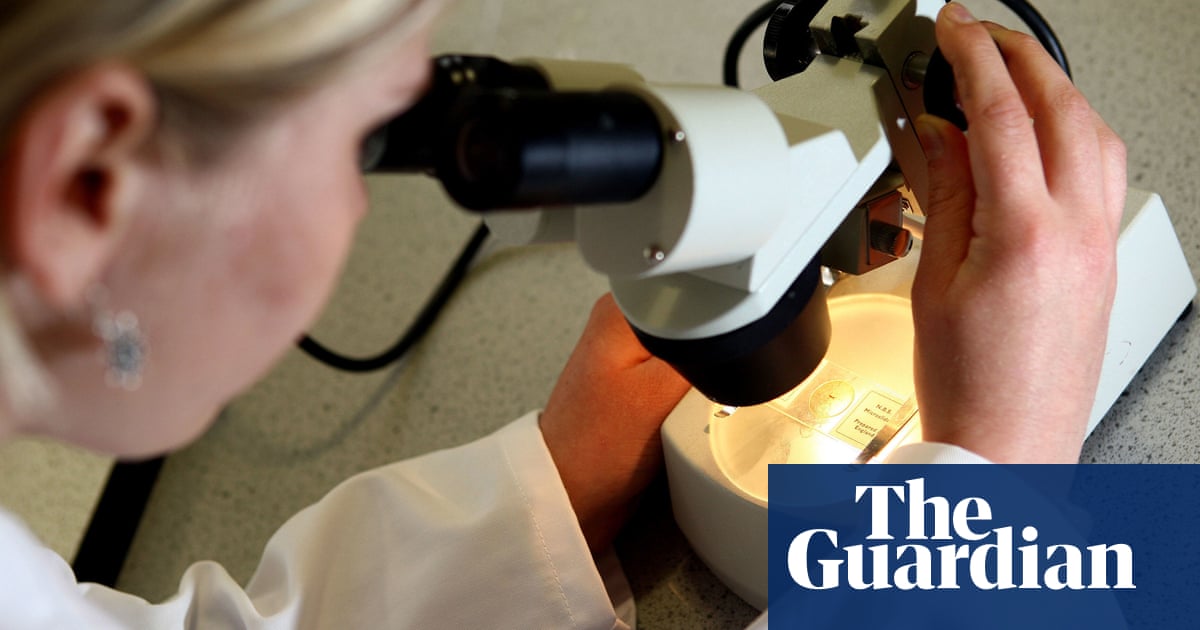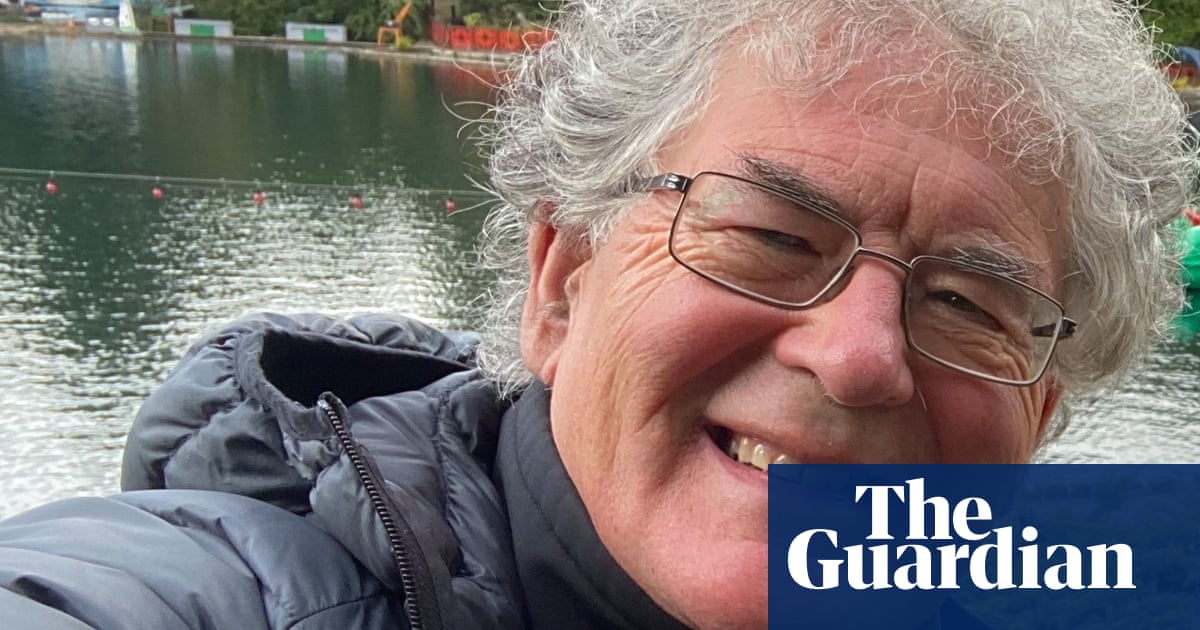
Delaying cancer treatment by just four weeks increases the risk of death by up to 10%, according to new research that shows the devastating impact of missed NHS treatment targets due to Covid.
Earlier this year, Dr Ajay Aggarwal at the London School of Hygiene and Tropical Medicine estimated that diagnostic delays caused by lockdown measures and changes to patient behaviour as a result of Covid-19 would result in 3,500 avoidable deaths from breast, lung, oesophageal or bowel cancer in England over the next five years. However, the impact of delaying treatment for patients with an existing cancer diagnosis was unclear.
To investigate, Aggarwal, together with colleagues led by Timothy Hanna from Queen’s University in Kingston, Canada, turned to international studies that had assessed the impact of treatment delays on patients with bladder, breast, colon, rectum, lung, cervix, and head and neck cancers over the past 20 years. Pooling the results of 34 such studies involving more than 1.2 million patients they found that delaying surgery, radiotherapy or drug treatment by just four weeks could have a devastating impact. The study, published in the British Medical Journal, suggests that the risk of death increases the longer that treatment is delayed.
An unprecedented number of cancer patients missed out on vital treatments, diagnostic tests and outpatient appointments as the pandemic unfolded, according to NHS England data, and waiting times for all the key stages of cancer care soared as many NHS services were suspended during the first lockdown.
In April 2019 almost 200,000 people in England were referred to a consultant by their GPs for suspected cancer; in April 2020 that figure fell to 79,573.
“I don’t think we’ve realised how significant the impact of treatment delays are until now,” Aggarwal said. “There was a suggestion at the beginning of the pandemic that for some surgeries like bowel cancer, you could have a 12-week delay [with minimal impact on patient outcomes]. This tells us that that is not the case. There is no safe delay for these cancers.”
For surgery, each four-week delay was associated with a 6-8% increased risk of death for all cancers, and for head and neck radiotherapy it was 9%. Meanwhile, delaying follow-up drug treatment after surgery for patients with colorectal cancer was associated with a 13% increased risk of death.
Bowel cancer is the UK’s second-biggest cancer killer, and the pandemic has led to many patients having their treatment delayed or cancelled, said Dr Lisa Wilde, the director of research and external affairs at Bowel Cancer UK. “We’re extremely concerned that we will see a further increase in deaths from the disease as a result of delays to treatment,” she said.
The researchers also calculated that, for breast cancer, a surgical delay of 12 weeks would add up to 1,400 excess deaths in the UK over the course of a year.
A recent analysis by Cancer Research UK (CRUK) estimated that about 12,750 fewer cancer patients had had surgery, 6,000 fewer had received chemotherapy and 2,800 fewer had had radiotherapy due to the postponement of routine NHS care during the pandemic.
“Worryingly, the latest England cancer waiting time data for August shows that targets for patients beginning treatment within 62 days of an urgent cancer referral are still being missed,” said Dr Jodie Moffat, CRUK’s head of early diagnosis. “As health services are now having to manage a resurgence of Covid-19 on top of usual winter pressures, investment is urgently needed to make sure the NHS has the staff and equipment it needs to provide patients with life-saving diagnosis and treatment.”












